The Initiative for Gender Parity in Burundi on Thursday expressed urgent concerns over the persistent underrepresentation of women in political decision-making, highlighting ignorance as the key obstacle preventing women from standing for office in the 2025 elections.
Christine Mbonyingingo, the legal representative for the initiative, emphasized the need for awareness campaigns to encourage women to run for office and challenge the deep-rooted gender disparities in political leadership.
“As Burundi approaches its 2025 legislative and communal elections, we continue to see women underrepresented in key decision-making roles,” Mbonyingingo stated. “State institutions are still predominantly male-dominated, and this must change. Women are just as capable of leadership as men.”
Mbonyingingo pointed to the current gender imbalance in the National Assembly, which, despite a modest 41% female representation, still suffers from a lack of female leadership in key positions. “While the 41% female representation in the National Assembly is a step forward, we still see a man leading the assembly and another heading the Senate. All permanent committees in the National Assembly are led by men, and women hold less than 30% of leadership roles within these committees. This is a significant challenge,” she said.
However, she noted a more balanced scenario in the Senate, with equal representation of men and women in all permanent committees. “This demonstrates that parity is achievable, and we are committed to achieving a 50-50 gender balance in all decision-making bodies for the next term,” Mbonyingingo added.
Gender Parity Efforts and Challenges Ahead
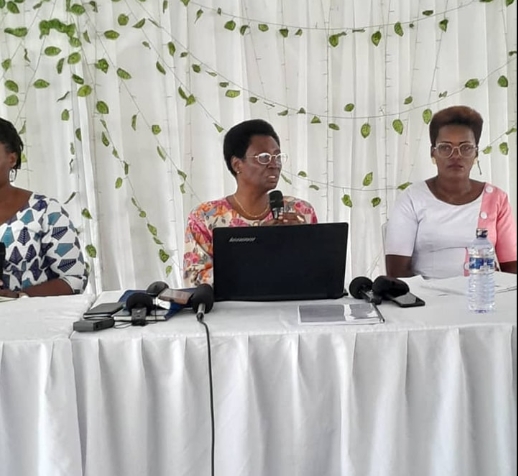
The initiative is set to launch campaigns to raise awareness among women about the importance of their participation in governance. “We must ensure that women recognize their potential and understand the importance of being represented in decision-making positions,” she said.
Despite these efforts, Mbonyingingo acknowledged the significant challenges that remain. “In rural areas, female representation is just 8%. This disparity isn’t due to a lack of ability, but rather stems from ignorance. We aim to achieve equal representation of men and women in decision-making bodies, as seen in countries like Uganda,” she explained.
She further emphasized that the Initiative for Gender Parity is not a short-term campaign but a crucial movement to shape Burundi’s future. Achieving gender parity in leadership, she believes, is vital for the country’s vision of becoming an emerging economy by 2040 and a developed nation by 2060.
Mbonyingingo concluded by urging women to overcome ignorance, take action, and run for office in the upcoming elections. “We want a Burundi where women are empowered and active participants in shaping our future,” she said.
Isabelle Kezumuryango, Chairperson of the Community of Engaged Women for Democracy in Burundi (COFED), also voiced her concerns. “When we look at how women are represented in decision-making bodies today, it is clear that the situation is unsatisfactory, especially in the way candidate lists are made. The top positions are often dominated by men. The representation of women in these bodies is disappointing and requires urgent action.”
Kezumuryango explained that the exclusion of women has been ongoing for generations. “The customs and traditions that have perpetuated this inequality are the reason why we call on men to step up and support women. This exclusion is not a choice made by women, but rather the result of a culture that has given men more power.”
She stressed that women are fully capable but face barriers in decision-making bodies because those in charge of creating candidate lists are often men. “Women are frequently forgotten, and the roles assigned to them are limited. However, if all men rise up and support women, these issues can be addressed, and we would see women in decision-making roles,” she concluded.
The 2025 elections in Burundi are scheduled as follows: Parliamentary and municipal council elections will be held on June 25, 2025, followed by the election of senators by municipal council members on July 23, 2025. Hill or neighborhood council elections and leadership elections will take place on August 25, 2025, in newly created constituencies following a recent reorganization of the country’s provinces.
This article has been updated to include the statement made by Isabelle Kezumuryango

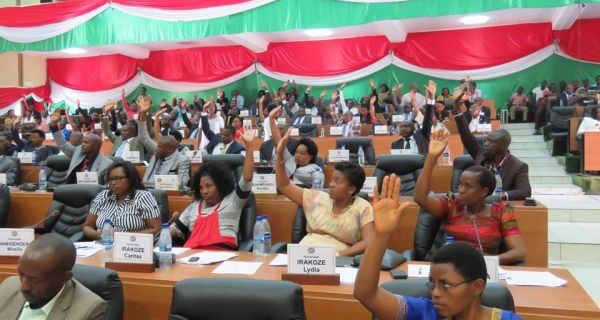
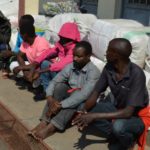
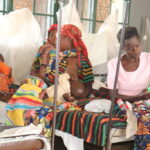
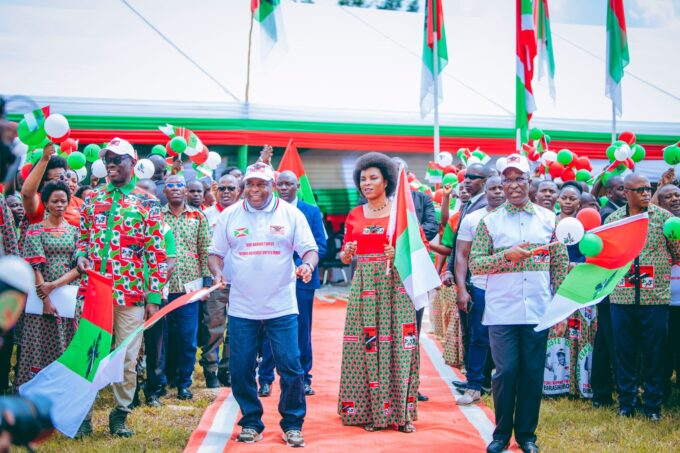
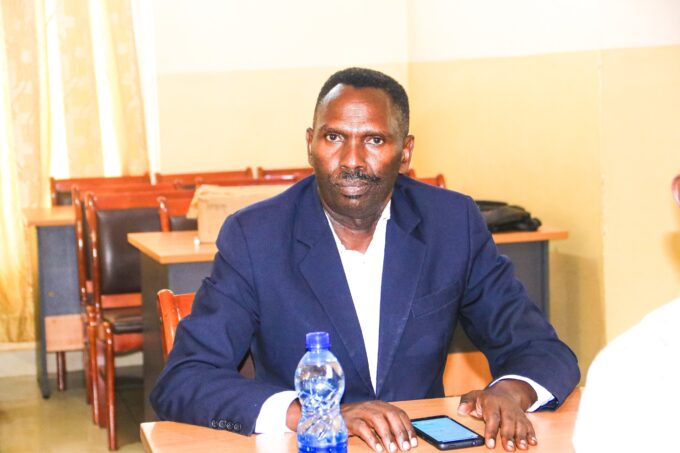
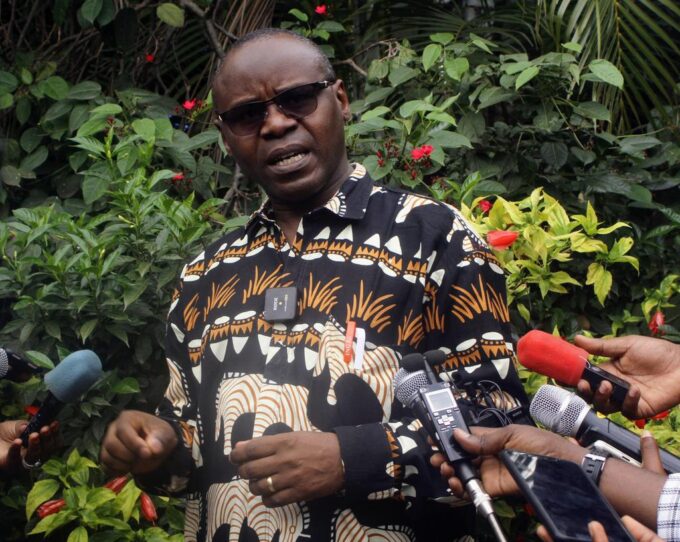
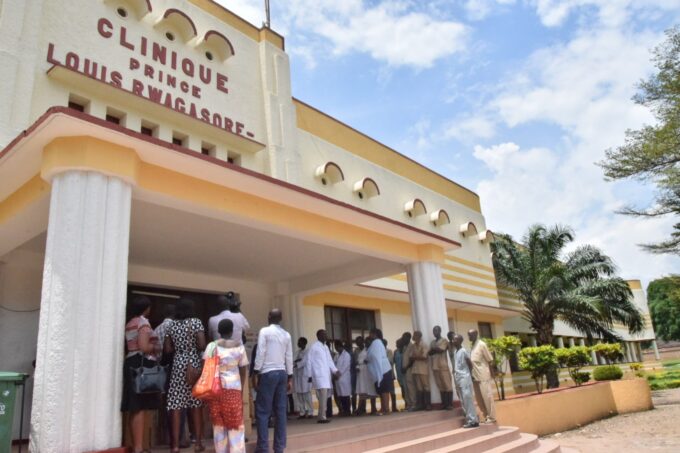
Leave a comment